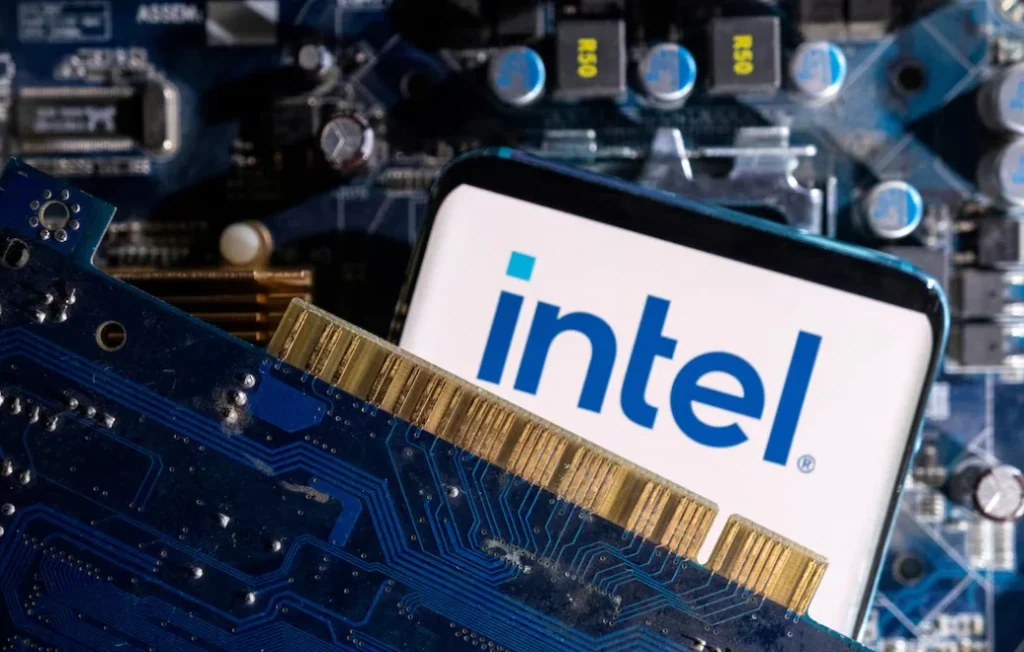U.S. Government May Take Stake in Intel
The Trump administration is in discussions with Intel (NASDAQ: INTC) about potentially taking a government stake in the struggling U.S. chipmaker, Bloomberg News reported Thursday, citing sources familiar with the matter.
If confirmed, this would represent another direct intervention by President Donald Trump in industries considered critical to national security, particularly semiconductors and rare earths.
Part of a Broader Push for Technology Independence
President Trump has previously supported multibillion-dollar government tie-ups in strategic industries. Recent initiatives include:
- A pay-for-play deal with Nvidia
- An agreement with MP Materials to secure rare earth minerals
In a statement, Intel declined to comment directly on the report but reaffirmed its commitment to supporting Trump’s efforts to strengthen U.S. technology and manufacturing leadership.
White House spokesperson Kush Desai stressed that discussions about hypothetical deals should be considered speculation until officially confirmed.
Intel Shares Surge on Report
Intel’s shares jumped 7% during regular trading and gained an additional 2.6% after-hours following the report.
The talks reportedly follow a meeting between President Trump and Intel CEO Lip-Bu Tan earlier this week—just days after Trump publicly called for Tan’s resignation over investments in Chinese tech firms, some linked to the Chinese military.
Strategic Rationale for Government Stakeholder
According to Ryuta Makino of Gabelli Funds, a government stake in Intel would align with Trump’s push to expand domestic semiconductor manufacturing and create more U.S. jobs.
Intel has recently warned it may need to exit the chip manufacturing business without securing more external customers for its foundry services. The company has slowed construction on new factories in Ohio due to demand uncertainty.
Intel’s Struggles in the AI Era
Since taking the helm just over six months ago, CEO Lip-Bu Tan has been tasked with reversing years of strategic missteps that left Intel lagging in the booming AI chip market dominated by Nvidia.
Intel’s heavy investments in contract chip manufacturing have led to significant losses, raising questions about the sustainability of its business model.
Ben Bajarin, CEO of Creative Strategies, suggested that any deal involving the U.S. government and private equity investors might include tariffs or incentives to encourage major customers like Nvidia, AMD, and Apple to use Intel Foundry services.
Is Government Intervention Necessary?
While Intel’s market value has fallen in recent years and it has lost industry leadership, the company still generates over $50 billion in annual revenue. Some investors remain sceptical that the chipmaker truly needs direct government assistance, given its stable top-line performance.












